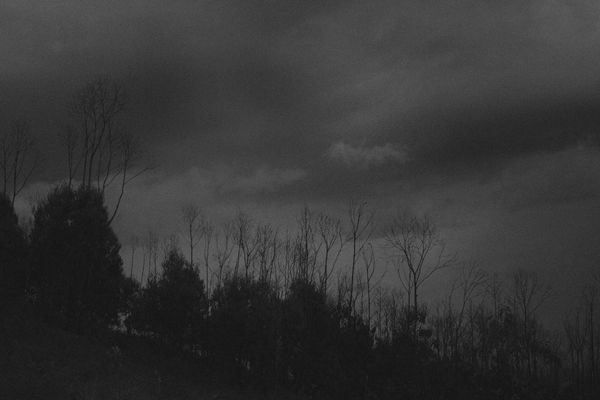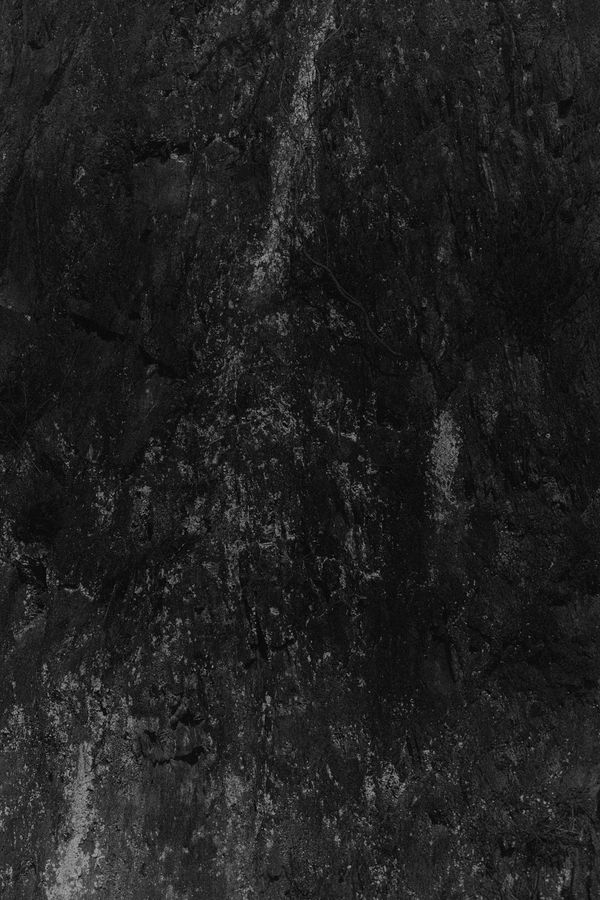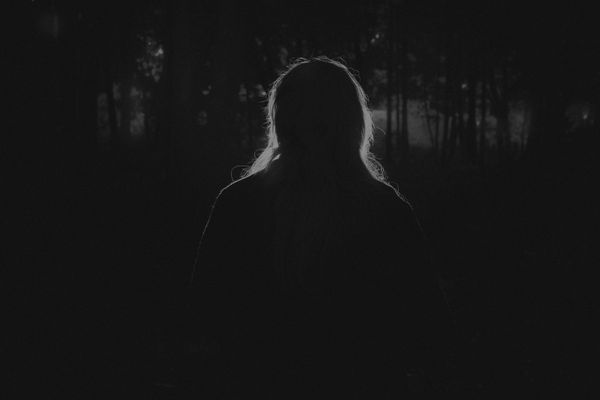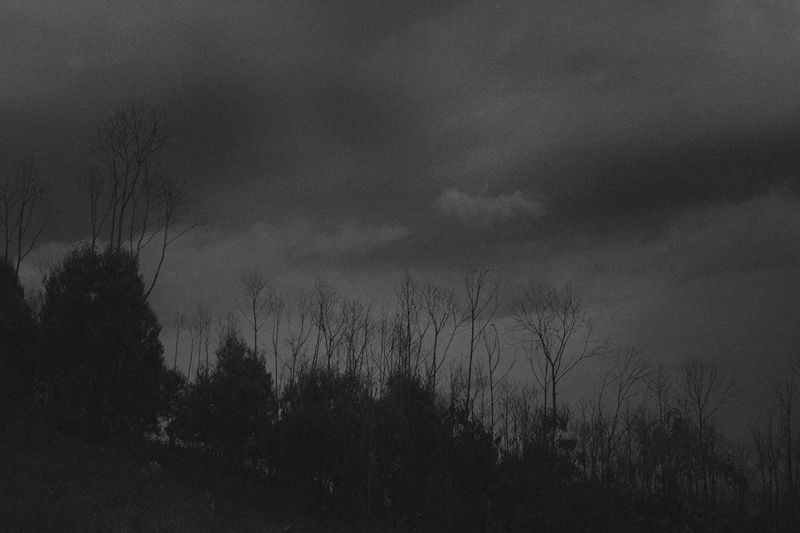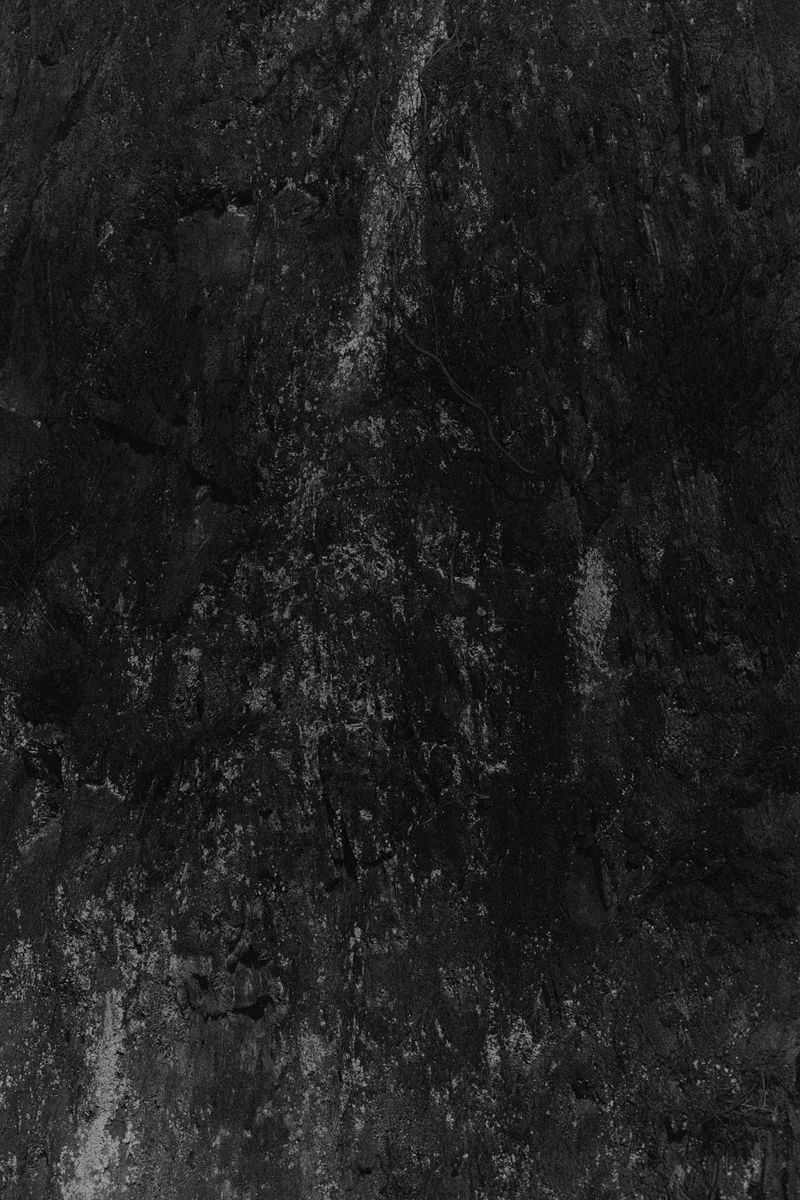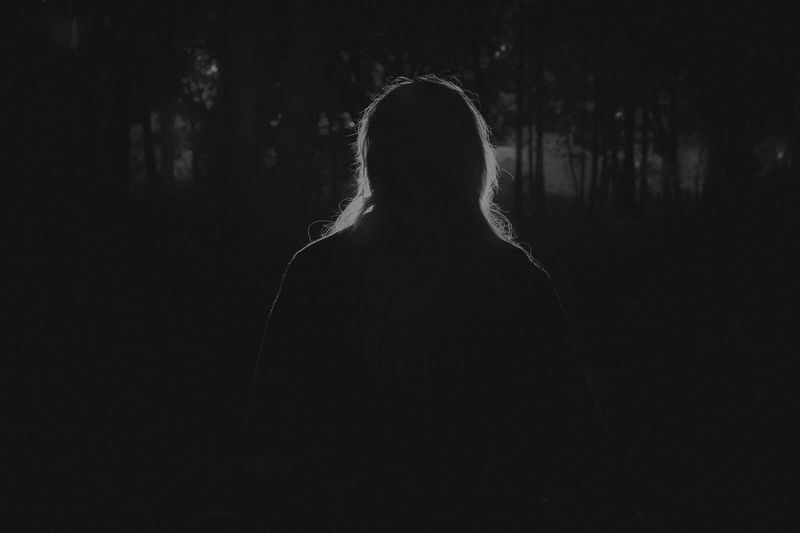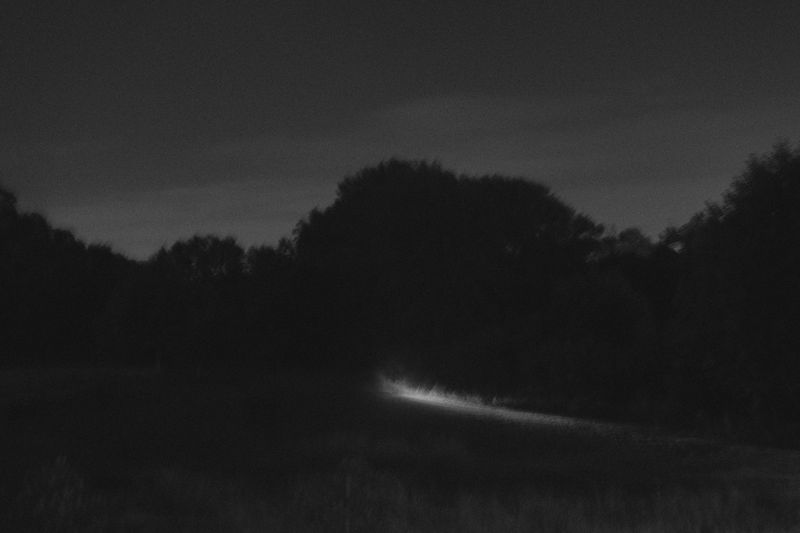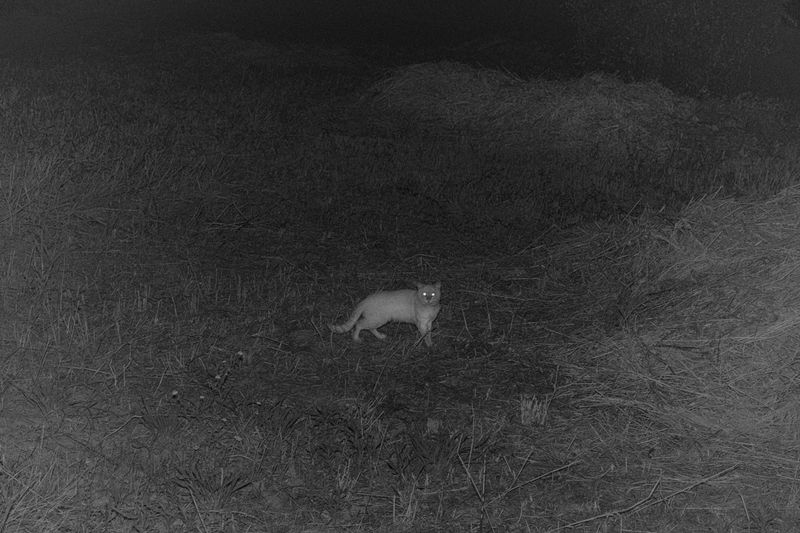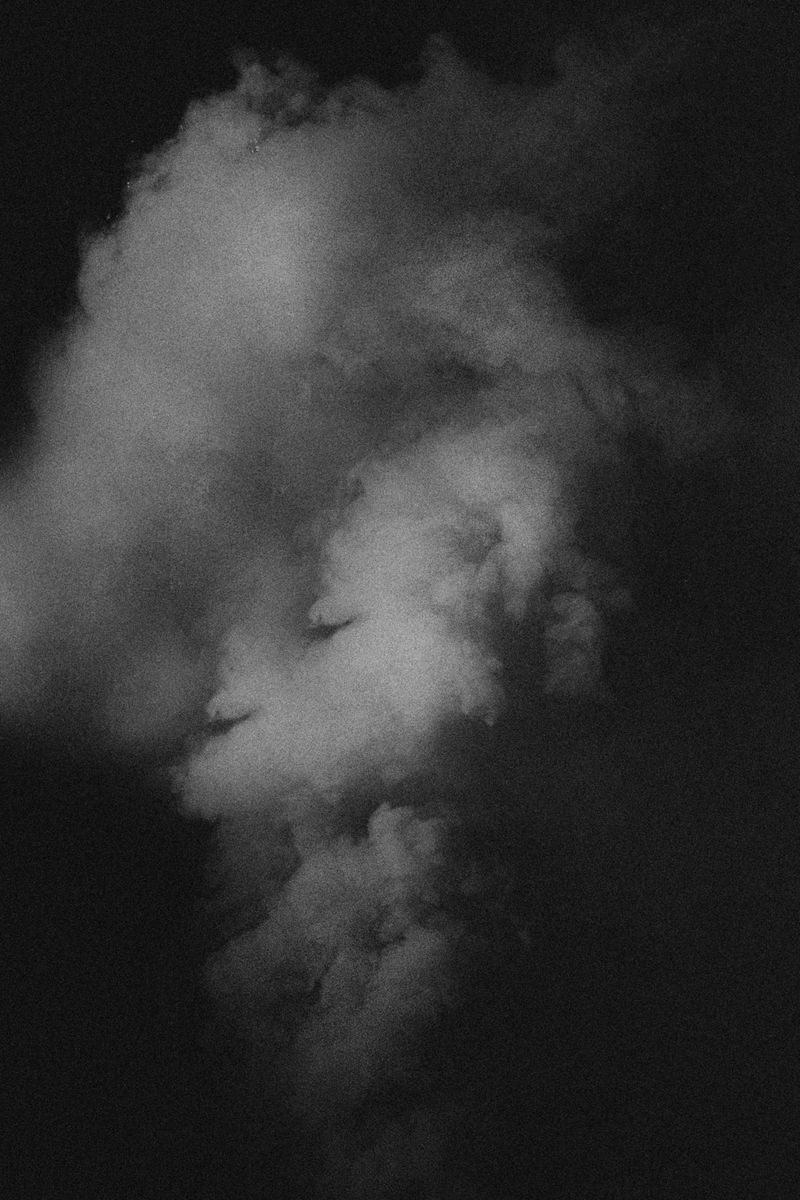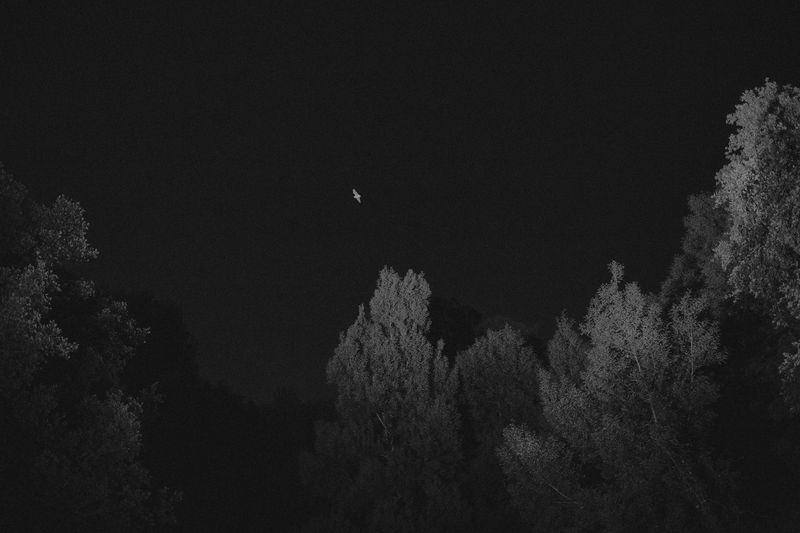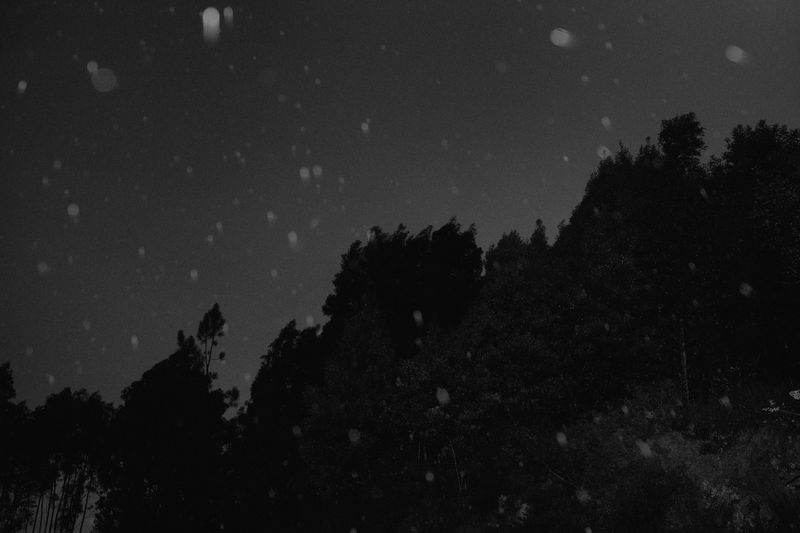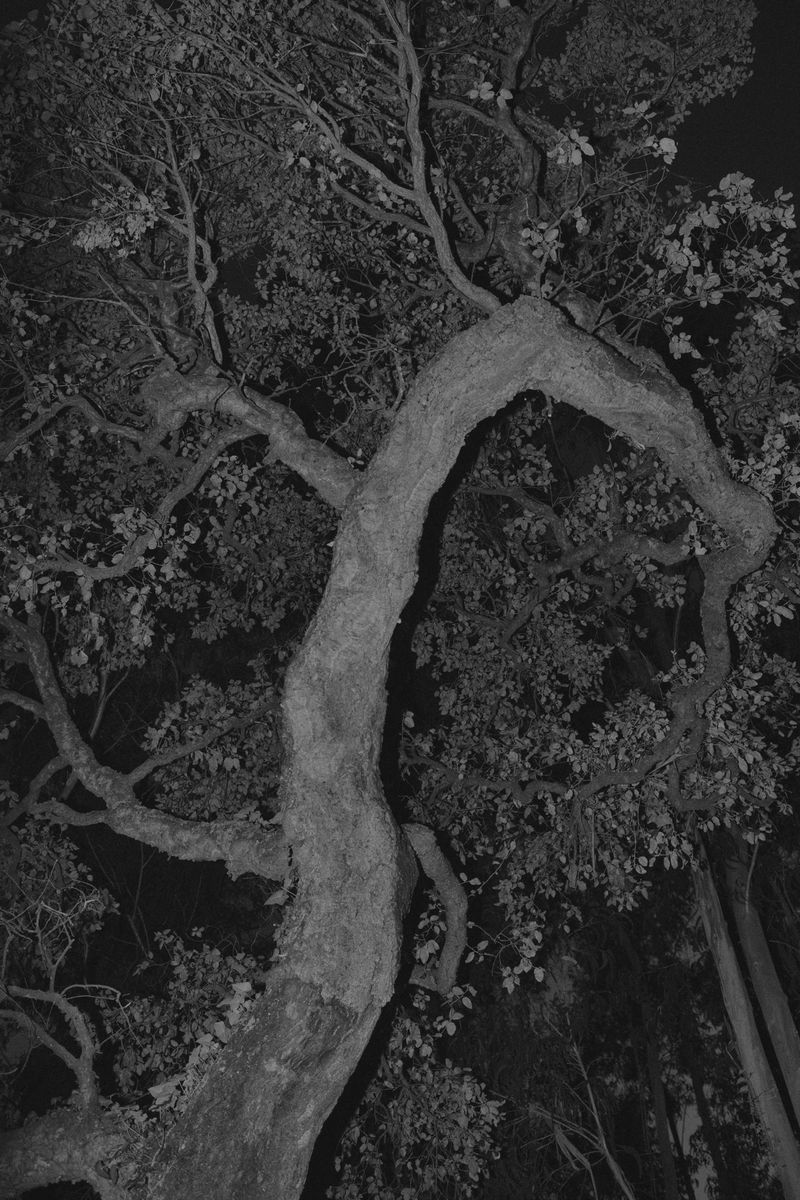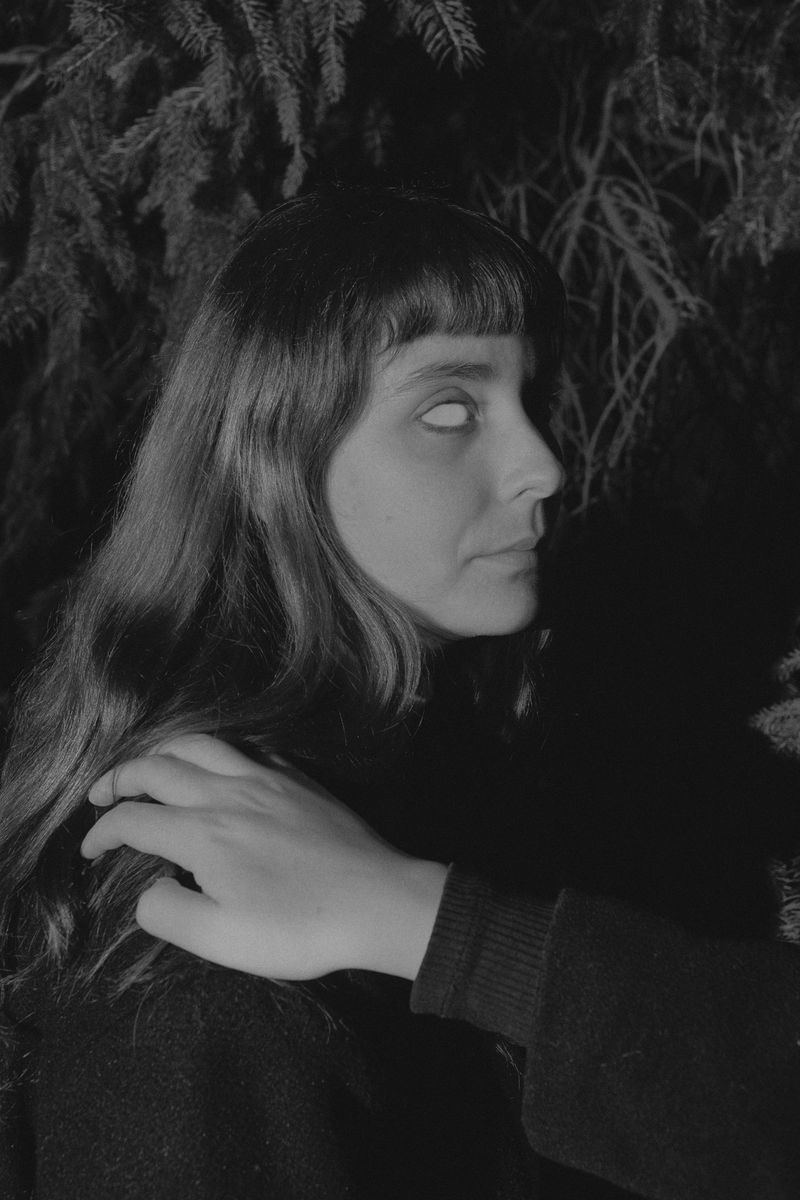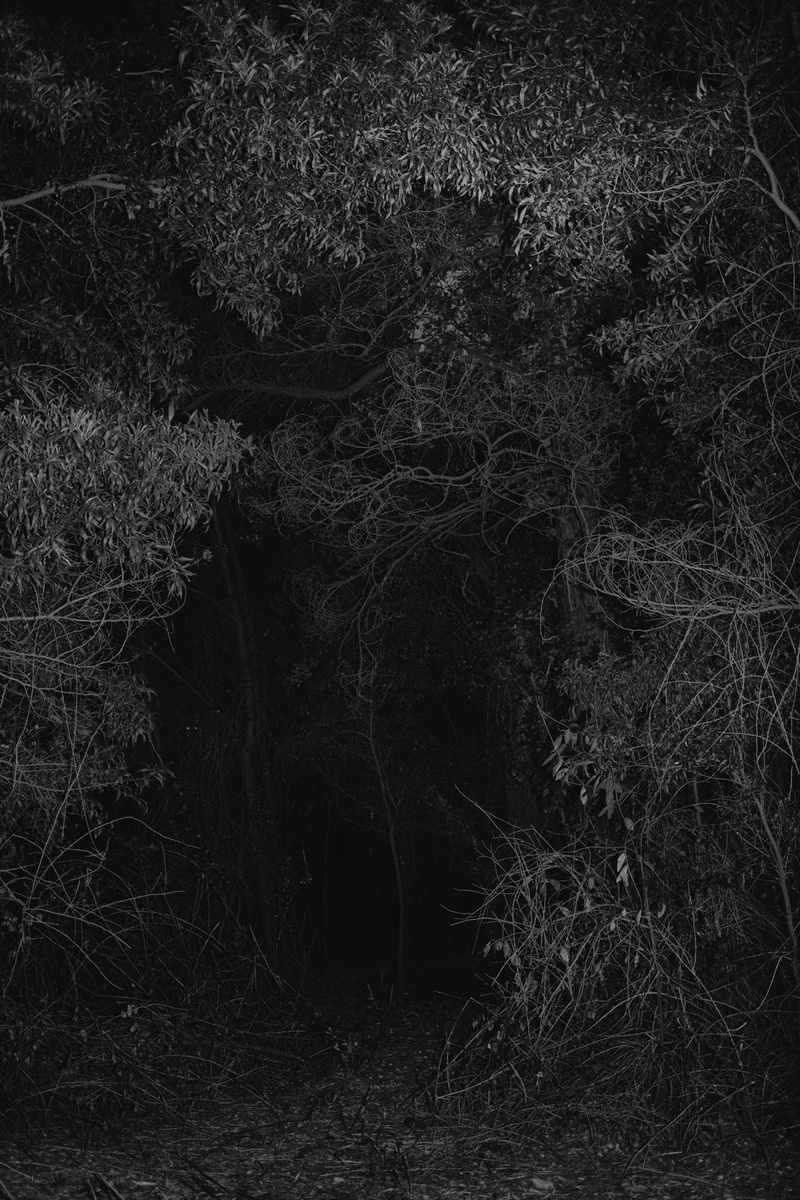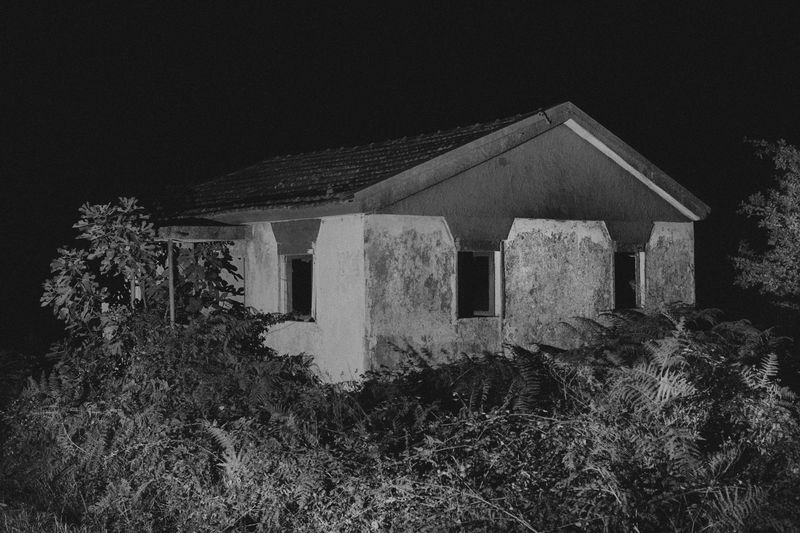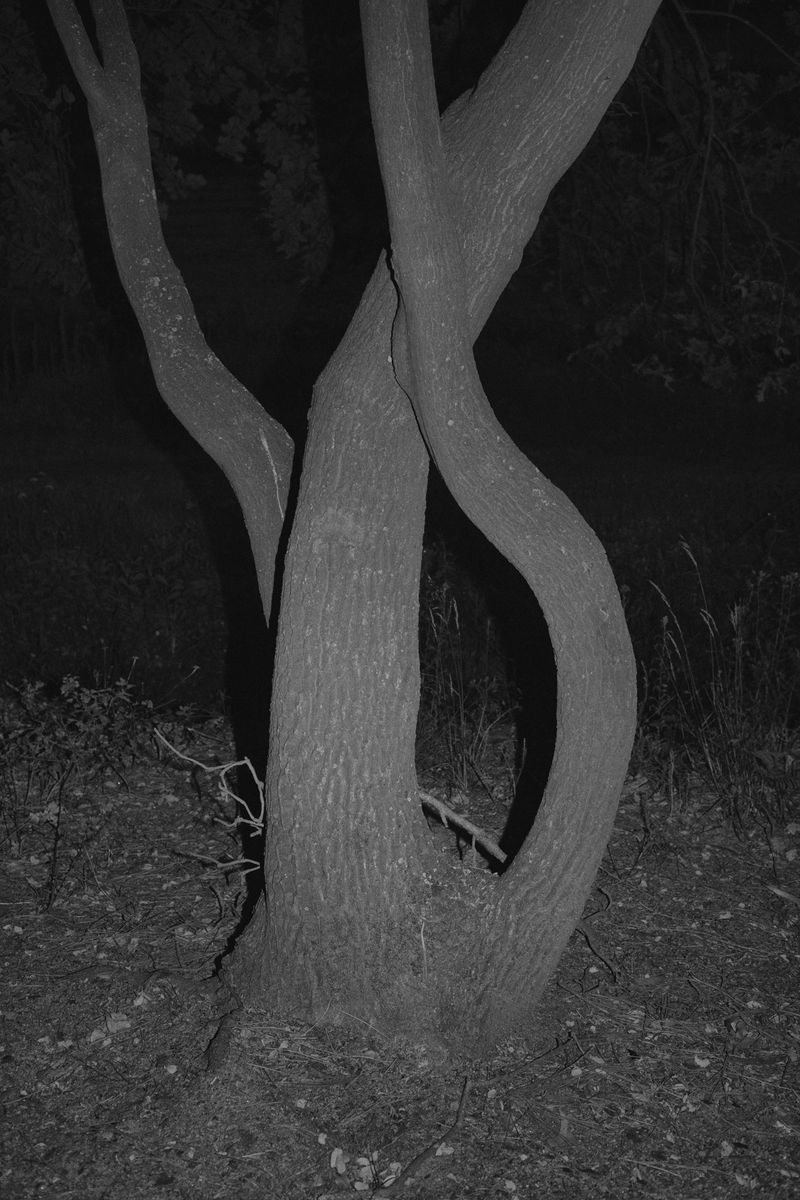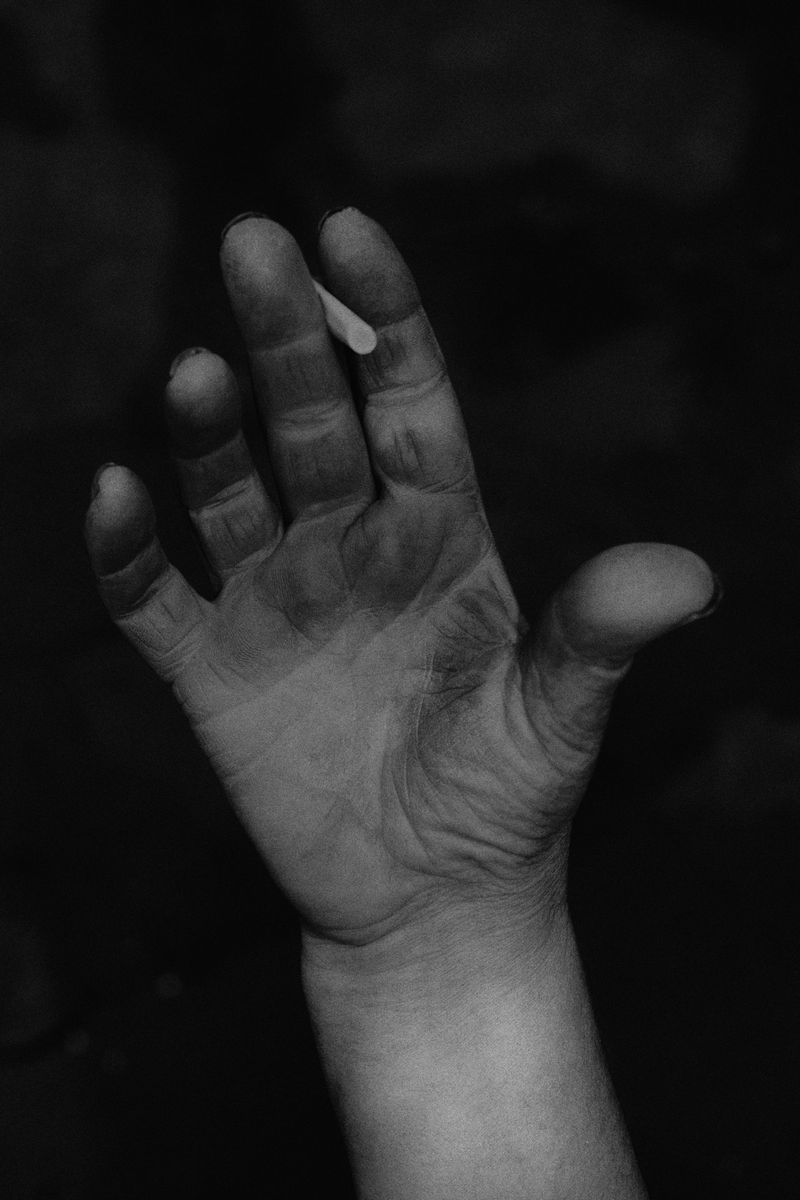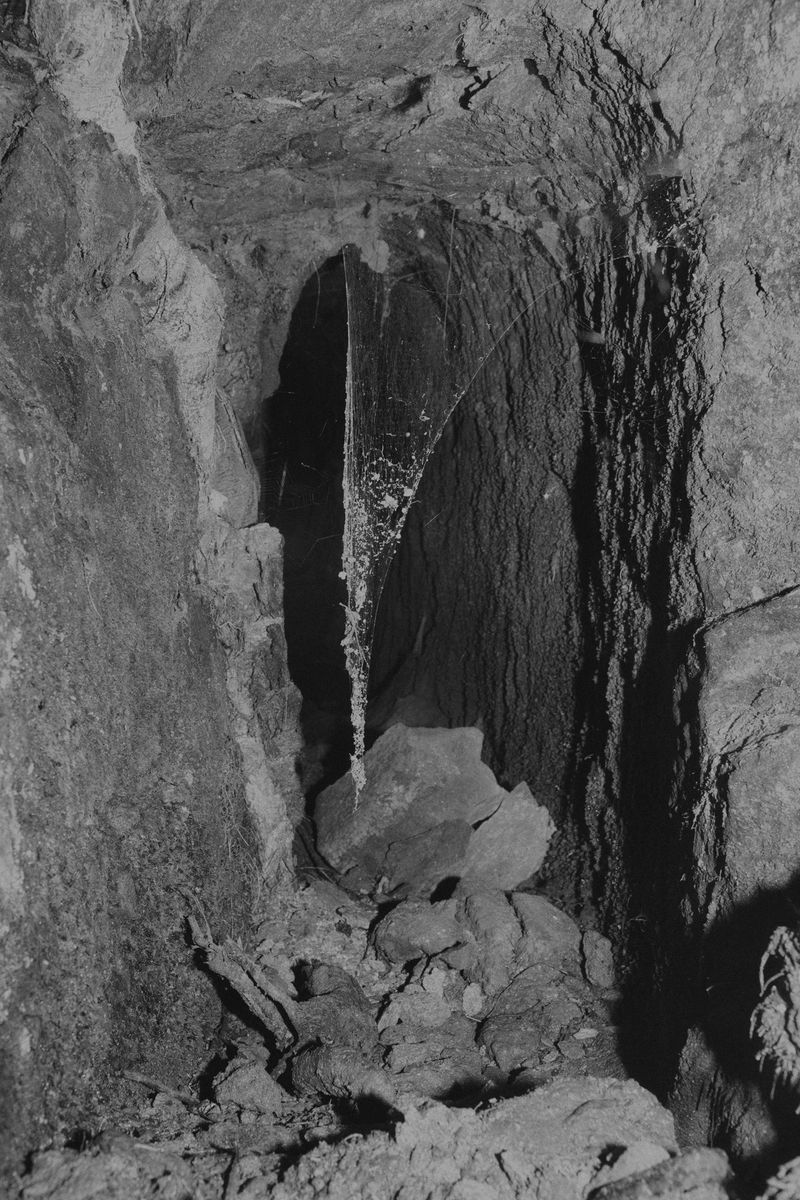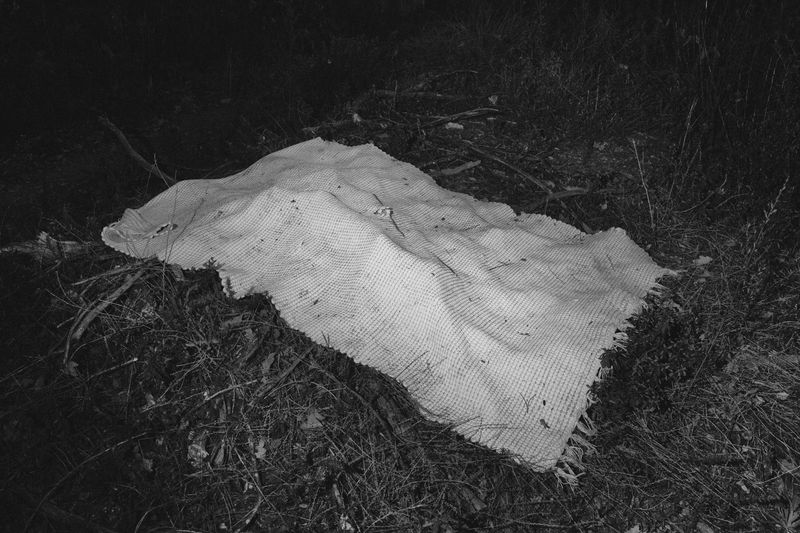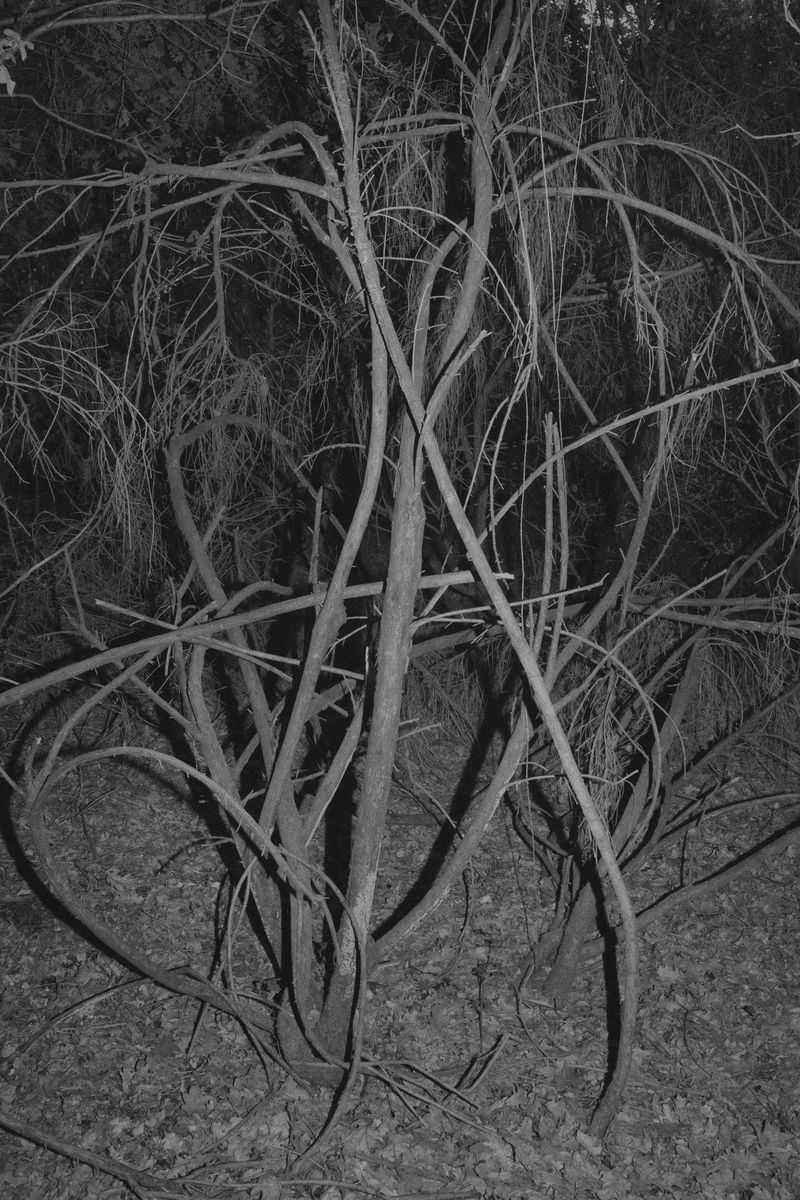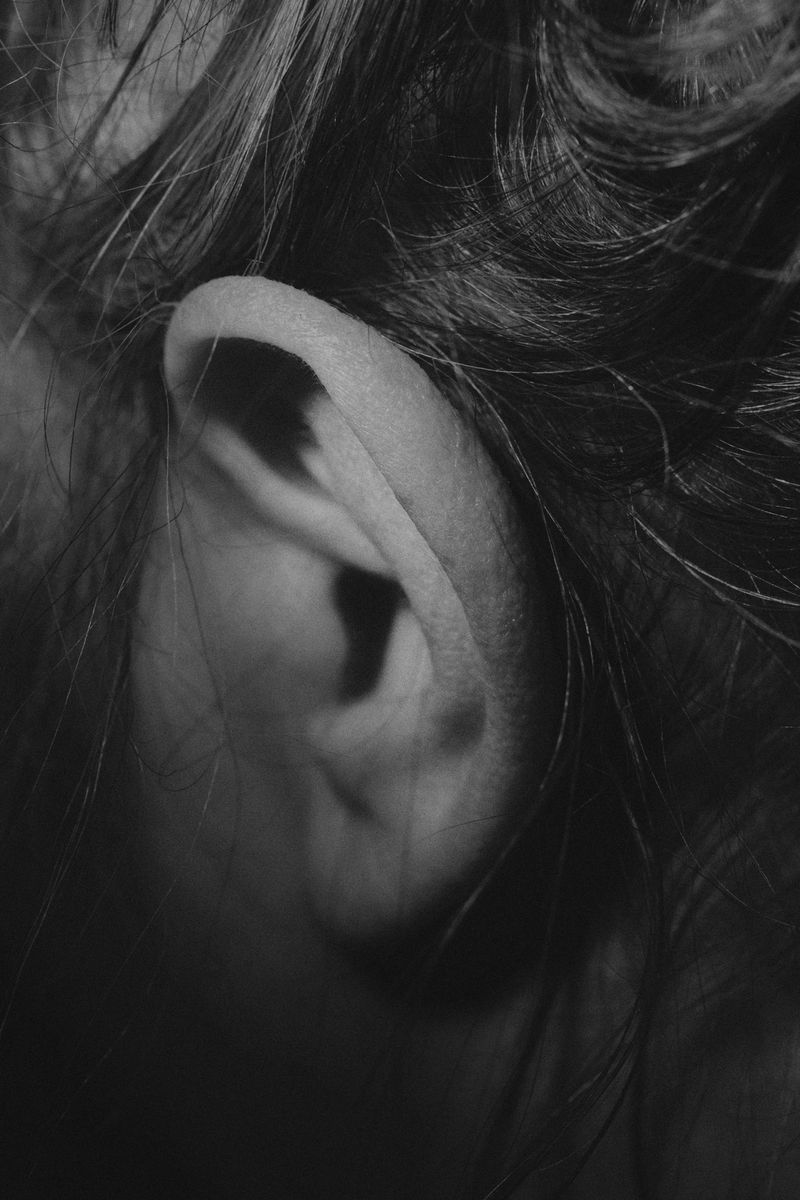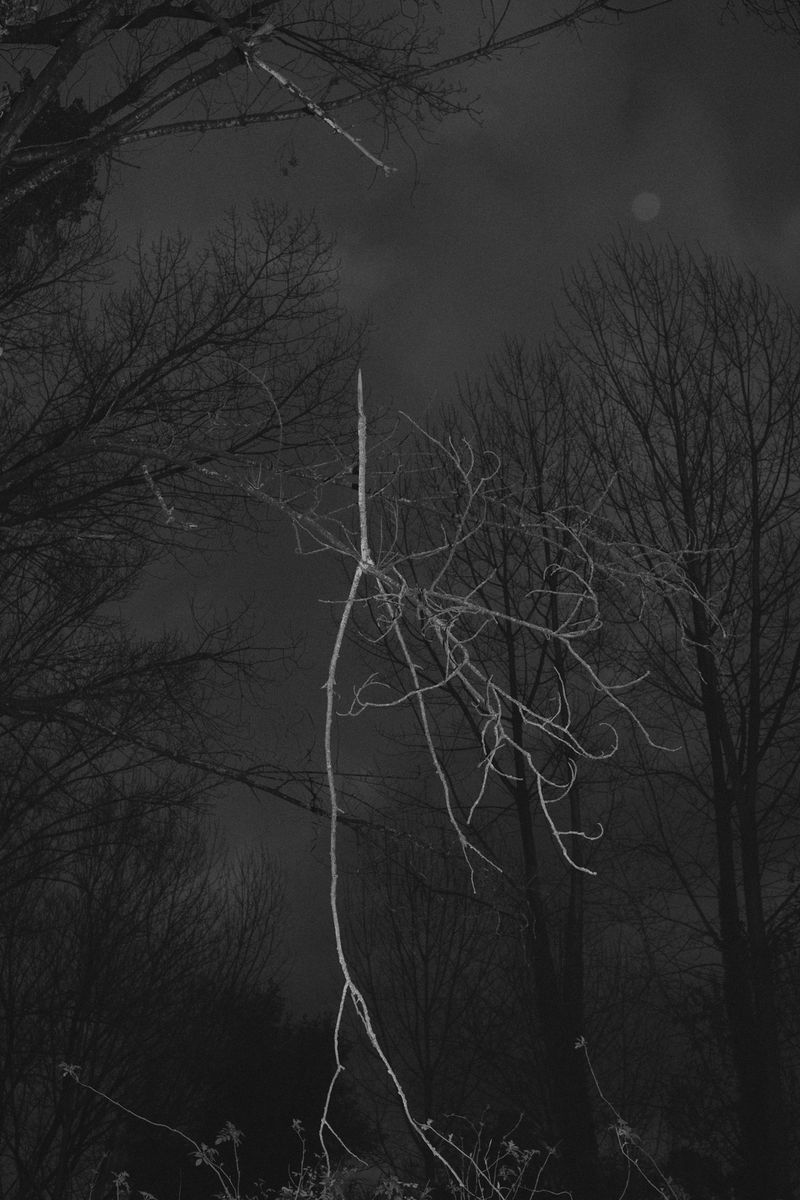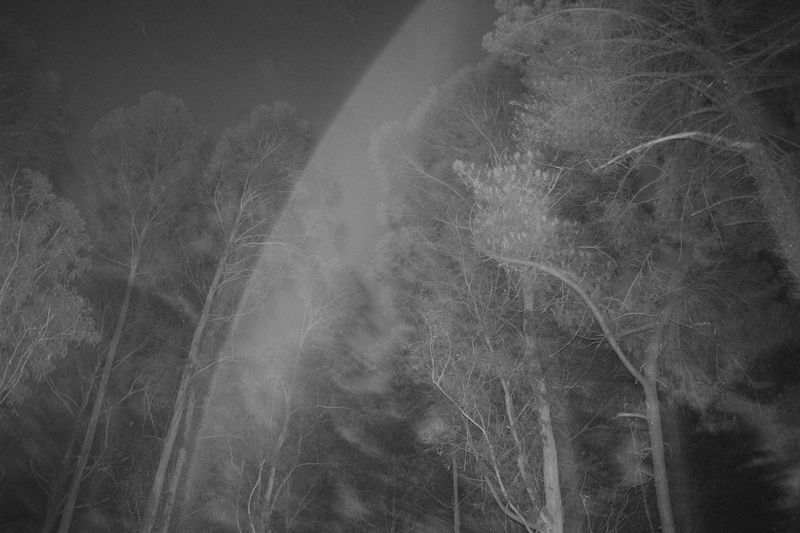Ermo
-
Dates2020 - Ongoing
-
Author
-
Recognition
The word Ermo (from Portuguese), means dense and dark forest; unpopulated, inhospitable place; or in some cases it could mean loneliness.
Long before I knew what Ermo meant, I was already playing there with my friends.
In fact, I thought the Ermo only existed there: in those two or three streets surrounded by trees.
Ermo was the name of a place on the outskirts of the Porto very close to where I lived during my childhood and adolescence. It was an extensive and dense forest until the beginning of the 70s. At that time urbanism transformed this extensive forest into dozens of small woods.
It was in this kind of small woods archipelago that I spent most of my childhood.
During the day, the light: the adventure and discovery. At night, the darkness, the fear: the sound of animals, the smell of smoke from bonfires and the certainty of ghosts.
In one of these woods there was a house where a woman lived who had a vision problem - her eyes were white but she was not blind.
She lived alone and when asked how she managed to do her routine without any help, she smiled and replied that there was a hand on her shoulder that guided her through the trees. But that didn't frighten her - what frightened her were the trees.
Between the document and the representation, Ermo intends to be a sensorial mapping of a territory in a distant memory. Addressing and surrounding themes like home, the suburbs and childhood, form and symbol, trying to create a dreamlike, ambiguous and above all interpretive universe. Making this Ermo that is so particular to me, as universal as possible.
